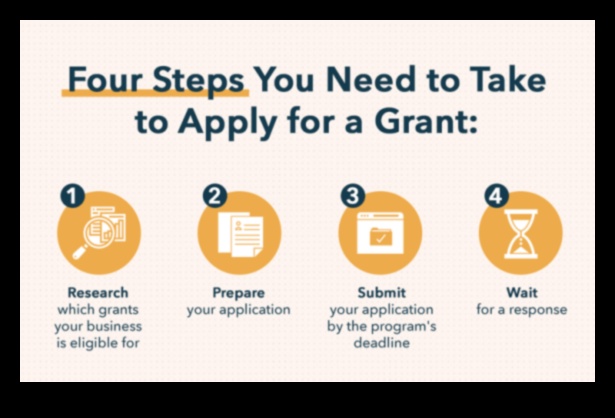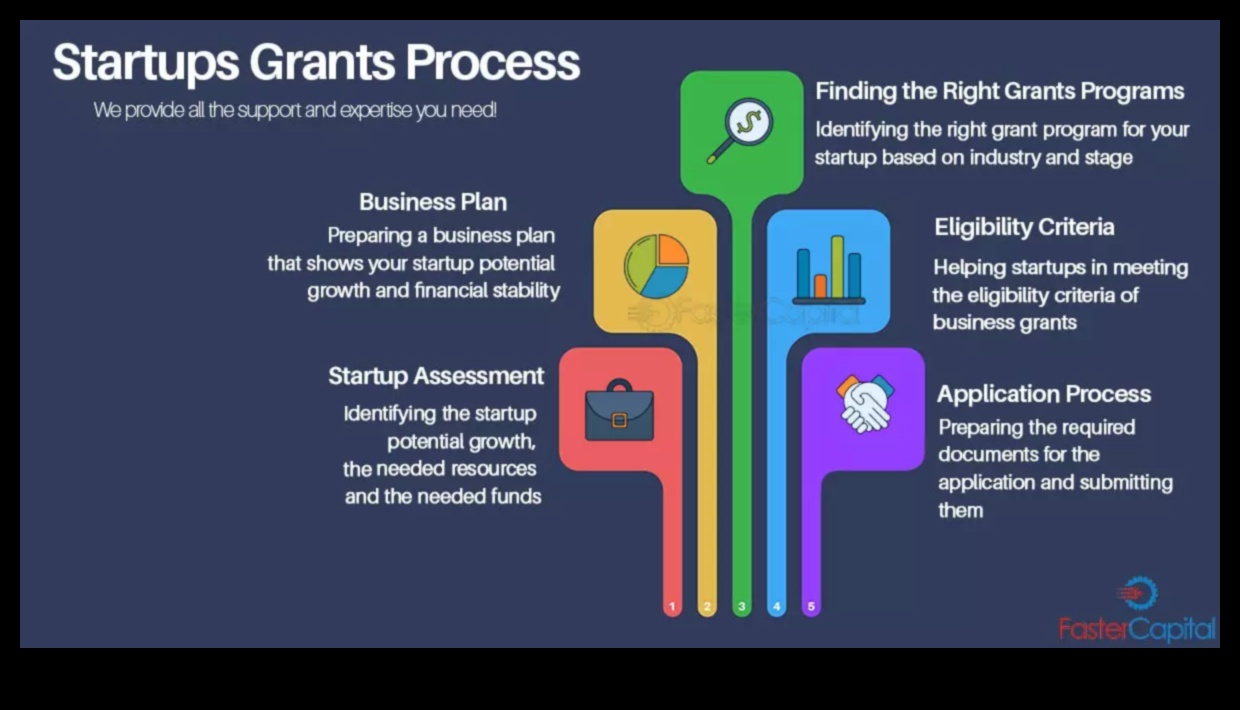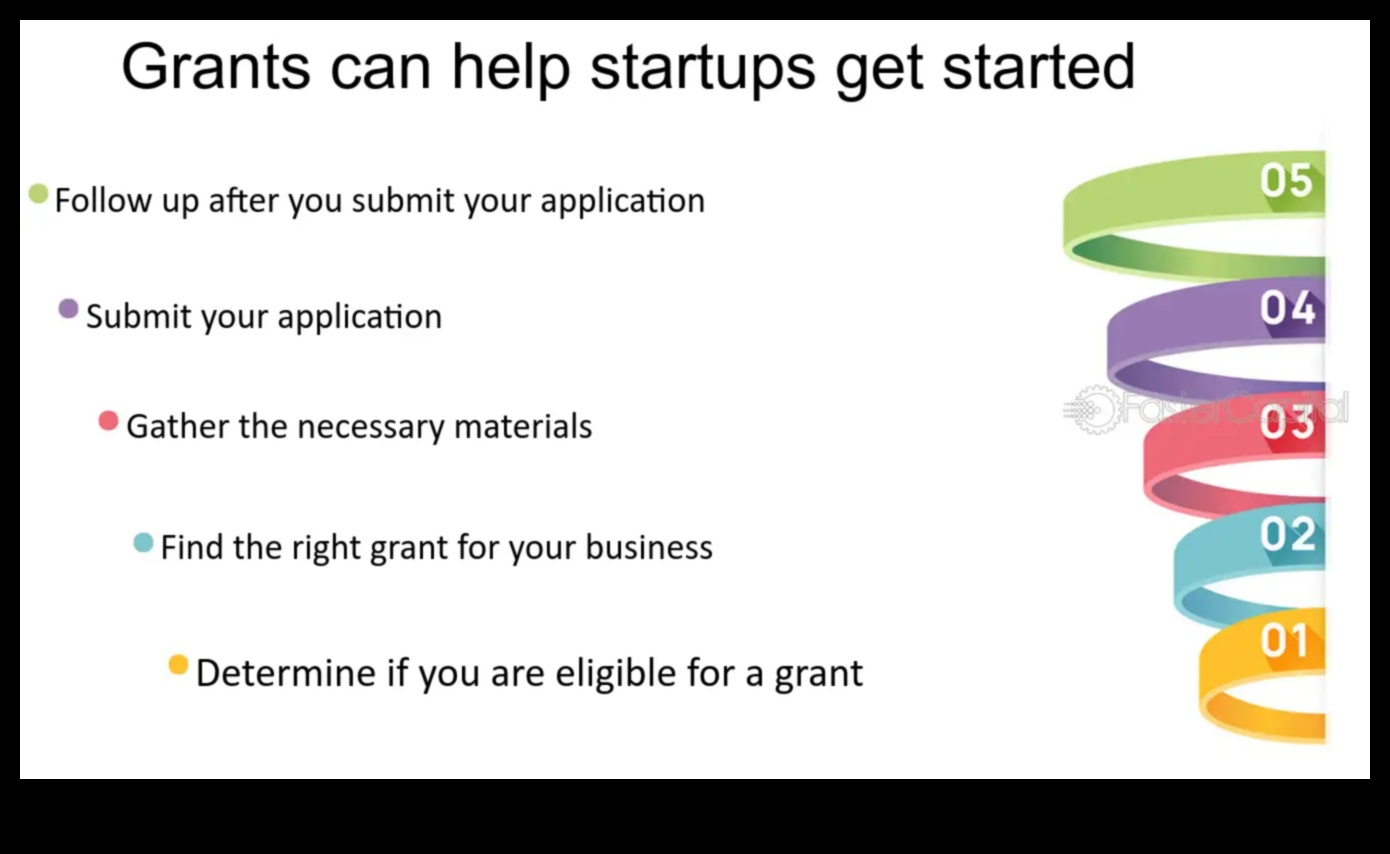
How to Apply for Grants
I. Introduction
II. Types of Grants
III. Eligibility Requirements
IV. How to Find Grants
V. Writing a Grant Proposal
VI. Submitting Your Grant Proposal
VII. Grant Award Process
VIII. Managing Your Grant
IX. Grant Reporting
X. FAQ
| Topic | Features |
|---|---|
| Grant application | How to apply for grants, eligibility requirements, how to find grants |
| Grant writing | Writing a grant proposal, submitting your grant proposal |
| Grant funding | Government grants, private foundation grants |
| Grants for nonprofits | Nonprofit grant applications, nonprofit grant writing |
| Grants for small businesses | Small business grant applications, small business grant writing |

II. Types of Grants
There are many different types of grants available, each with its own set of criteria and requirements. Some of the most common types of grants include:
Government grants are awarded by federal, state, and local government agencies. These grants are typically awarded to nonprofit organizations and small businesses for projects that benefit the public good.
Corporate grants are awarded by private companies to nonprofit organizations and other entities. These grants are typically awarded to support projects that align with the company’s mission and values.
Foundation grants are awarded by private foundations to nonprofit organizations and other entities. These grants are typically awarded to support projects that address specific needs or issues.
In addition to these three main types of grants, there are also a number of other types of grants available, such as:
Matching grants require the recipient to provide a certain amount of matching funds in order to receive the grant.
Challenge grants are awarded to organizations that meet certain criteria, such as raising a certain amount of money or completing a specific project.
Equity grants provide funding in exchange for a stake in the recipient organization.
It is important to research the different types of grants available before you start the application process. This will help you identify the grants that are most likely to be a good fit for your organization and its goals.
III. Eligibility Requirements
In order to be eligible for a grant, you must meet the eligibility requirements set forth by the grantor. These requirements can vary depending on the grantor, but they typically include criteria such as:
- Legal status (e.g., nonprofit organization, government agency, etc.)
- Mission (e.g., providing social services, environmental conservation, etc.)
- Geographic location (e.g., within a certain state or region)
- Annual budget (e.g., less than $500,000)
- Number of employees (e.g., fewer than 100)
It is important to read the eligibility requirements carefully before you apply for a grant to make sure that your organization meets all of the criteria. If you do not meet all of the criteria, your application will likely be rejected.

II. Types of Grants
There are many different types of grants available, each with its own set of criteria and requirements. Some of the most common types of grants include:
- Government grants
- Foundation grants
- Corporate grants
- Individual grants
- Matching grants
- Challenge grants
- Equity grants
- Donated equipment
- In-kind donations
It is important to do your research and understand the different types of grants available before you start applying. This will help you to find the grants that are most likely to be a good fit for your organization or project.

How to Write a Grant Proposal
A grant proposal is a written document that describes a project or program that you are seeking funding for. It is an essential part of the grant application process, and it is important to take the time to write a strong proposal that will convince potential funders that your project is worth supporting.
A good grant proposal should be well-written, clear, and concise. It should also be tailored to the specific funder that you are targeting. In general, a grant proposal should include the following elements:
- A cover letter that introduces your project and explains why you are seeking funding
- A project description that provides detailed information about the project you are proposing
- A budget that outlines the costs of your project
- A timeline that provides a schedule for the implementation of your project
- A list of references that support the need for your project and the feasibility of your proposed approach
Writing a grant proposal can be a challenging task, but it is an important one if you are seeking funding for your project. By following these tips, you can increase your chances of writing a successful grant proposal.

How to apply for grants
Grants are a great way to fund your nonprofit or small business. But with so many different grants available, it can be hard to know where to start. This guide will walk you through the process of applying for grants, from finding the right ones to writing a winning proposal.
Here are the steps involved in applying for a grant:
- Identify your need for funding.
- Research different grants.
- Write a strong grant proposal.
- Submit your proposal.
- Follow up on your application.
For more detailed information on each of these steps, see our comprehensive guide to grant writing.
VII. Grant Award Process
The grant award process typically consists of the following steps:
- Applicants submit their grant proposals to the grantor.
- The grantor reviews the proposals and selects the most meritorious ones.
- The grantor negotiates the terms of the grant with the awardees.
- The grantor disburses the funds to the awardees.
The grant award process can take anywhere from a few months to a year, depending on the complexity of the grant and the number of proposals that are submitted.
Once a grant has been awarded, the grantee is responsible for using the funds in accordance with the terms of the grant agreement. The grantee is also responsible for submitting regular progress reports to the grantor.
The grant award process is an important part of the grant cycle. It ensures that the most meritorious proposals are funded and that the funds are used in a responsible manner.
Managing Your Grant
Once you have been awarded a grant, it is important to manage it effectively in order to ensure that the funds are used in accordance with the grant agreement and that the project is completed successfully. Here are some tips for managing your grant:
- Create a budget and track your expenses.
- Document all of your activities and progress.
- Communicate regularly with your grantor.
- Close out the grant when it is completed.
By following these tips, you can help to ensure that your grant is managed effectively and that the funds are used in a responsible manner.
IX. Grant Reporting
After you receive a grant, it is important to submit regular reports to the grantor. These reports will help the grantor track the progress of your project and ensure that the funds are being used appropriately.
The frequency of your reports will depend on the terms of the grant. However, most grants require quarterly or annual reports.
Your grant reports should include the following information:
- A summary of the progress of your project
- An explanation of any changes to your project plan
- A list of any expenses that you have incurred
- A financial statement showing how the grant funds have been used
It is important to submit your grant reports on time and in a complete and accurate manner. Failure to do so could result in the loss of your grant funding.
FAQ
Q: What is a grant?
A: A grant is a financial award that is given to an individual or organization to support a specific project or activity.
Q: What are the different types of grants?
A: There are many different types of grants, each with its own set of criteria and requirements. Some of the most common types of grants include:
- Government grants
- Foundation grants
- Corporate grants
- Individual grants
Q: How do I apply for a grant?
A: The process of applying for a grant can vary depending on the type of grant you are applying for. However, there are some general steps that you can follow to apply for a grant:
- Identify a grant that is a good fit for your project or organization.
- Read the grant application carefully and make sure that you meet all of the eligibility requirements.
- Write a strong grant proposal that outlines your project or organization’s need for funding and how the grant will be used.
- Submit your grant proposal on time.